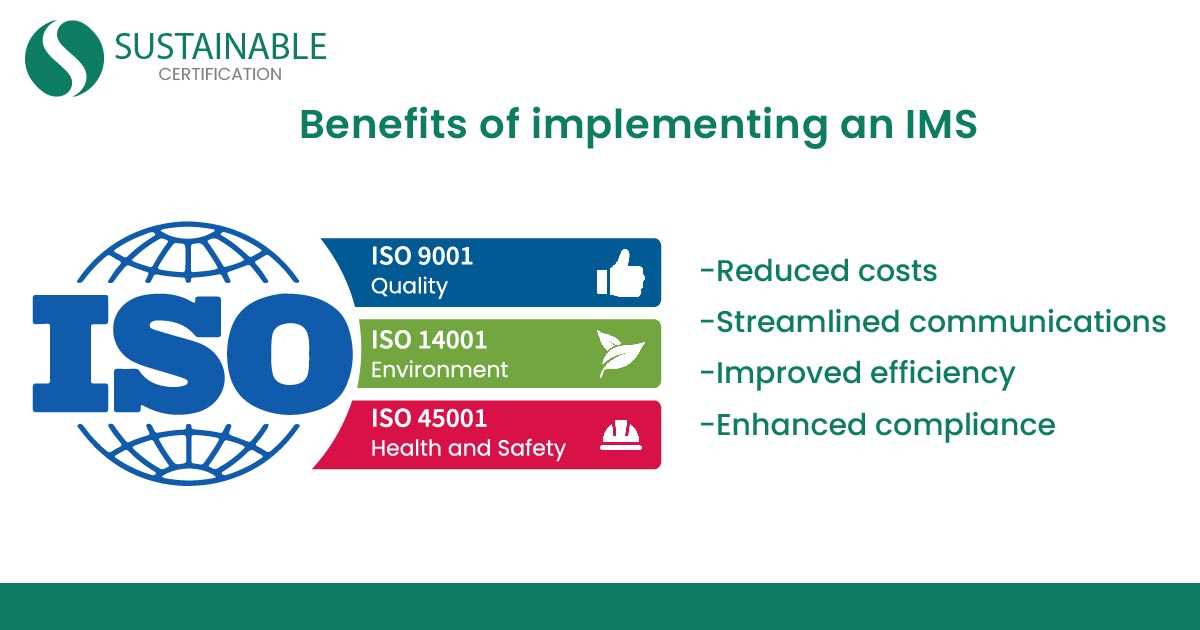Implementing an Integrated Management System
The benefits of implementing an IMS
An Integrated Management System (IMS) is an approach to managing a company’s operations that takes into account all aspects of the business, including environmental and health & safety concerns. The benefits of implementing an IMS are many and varied, but can be summarized as follows:
- Improved efficiency and effectiveness due to the reduction of duplication and gaps in the management of different aspects of the business.
- A more systematic and proactive approach to identifying and dealing with risks and opportunities.
- Enhanced communication between different departments and functions within the company.
- A platform for continuous improvement.
The benefits of implementing an IMS are significant, but so too are the challenges. The most significant challenge is probably cultural – i.e. getting everyone on board with the new way of doing things. Change can be difficult, especially when it requires breaking with established ways of working that may have been in place for many years. Other challenges include:
- Maintaining the momentum – once the initial excitement about the IMS has died down, it can be difficult to keep employees engaged and invested in its ongoing maintenance and improvement.
- Ensuring top management commitment – if senior managers are not seen to be “walking the talk” then it is hard to maintain employee engagement.
- Resource constraints – implementing an IMS requires investment in terms of money, time and manpower. This can be a challenge for smaller businesses in particular.
There is no denying that implementing an IMS can be a challenge for any organization, big or small. But the benefits – in terms of improved efficiency, communication and transparency – make it a worthwhile exercise for any business that is serious about remaining competitive in today’s global marketplace.

